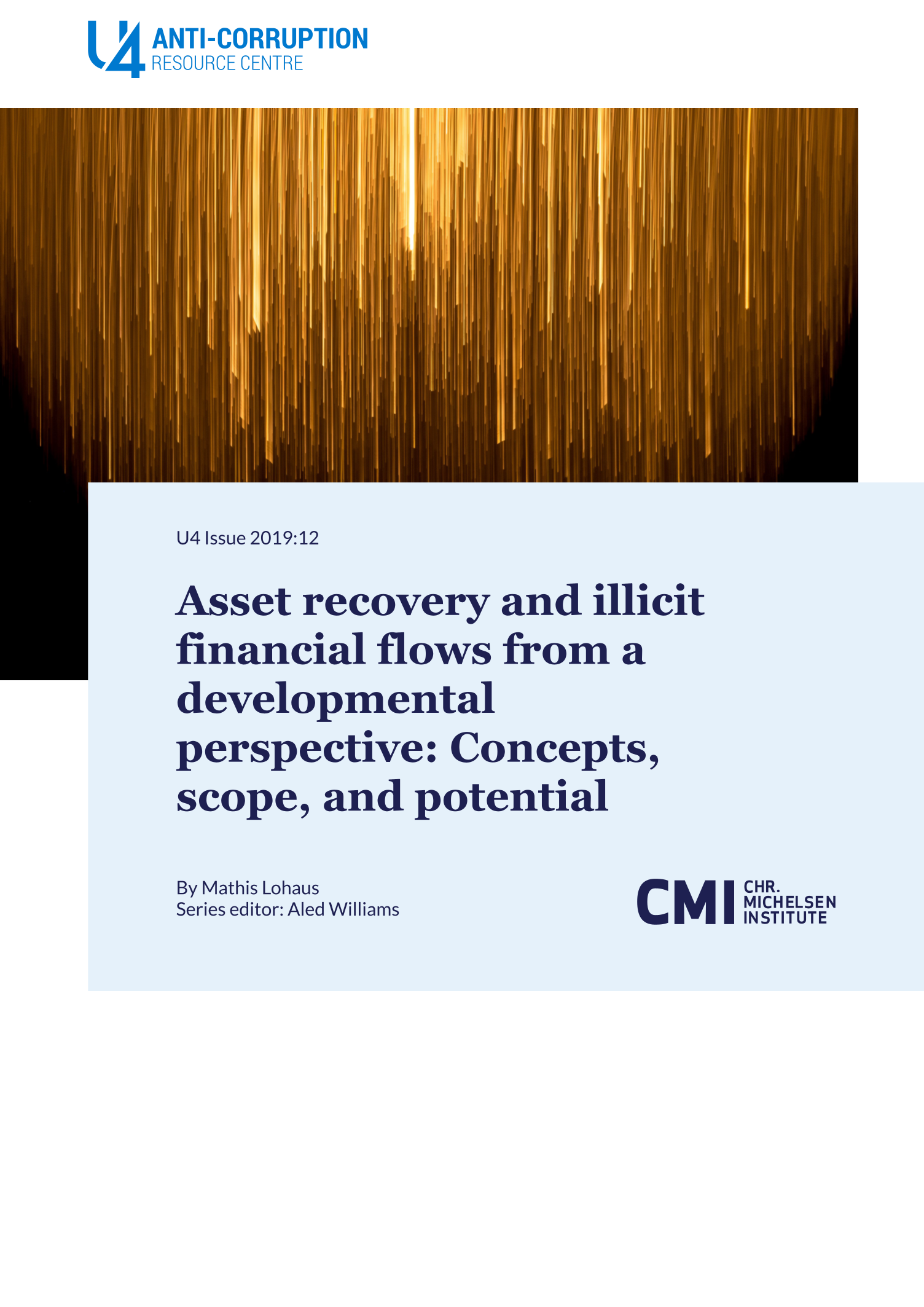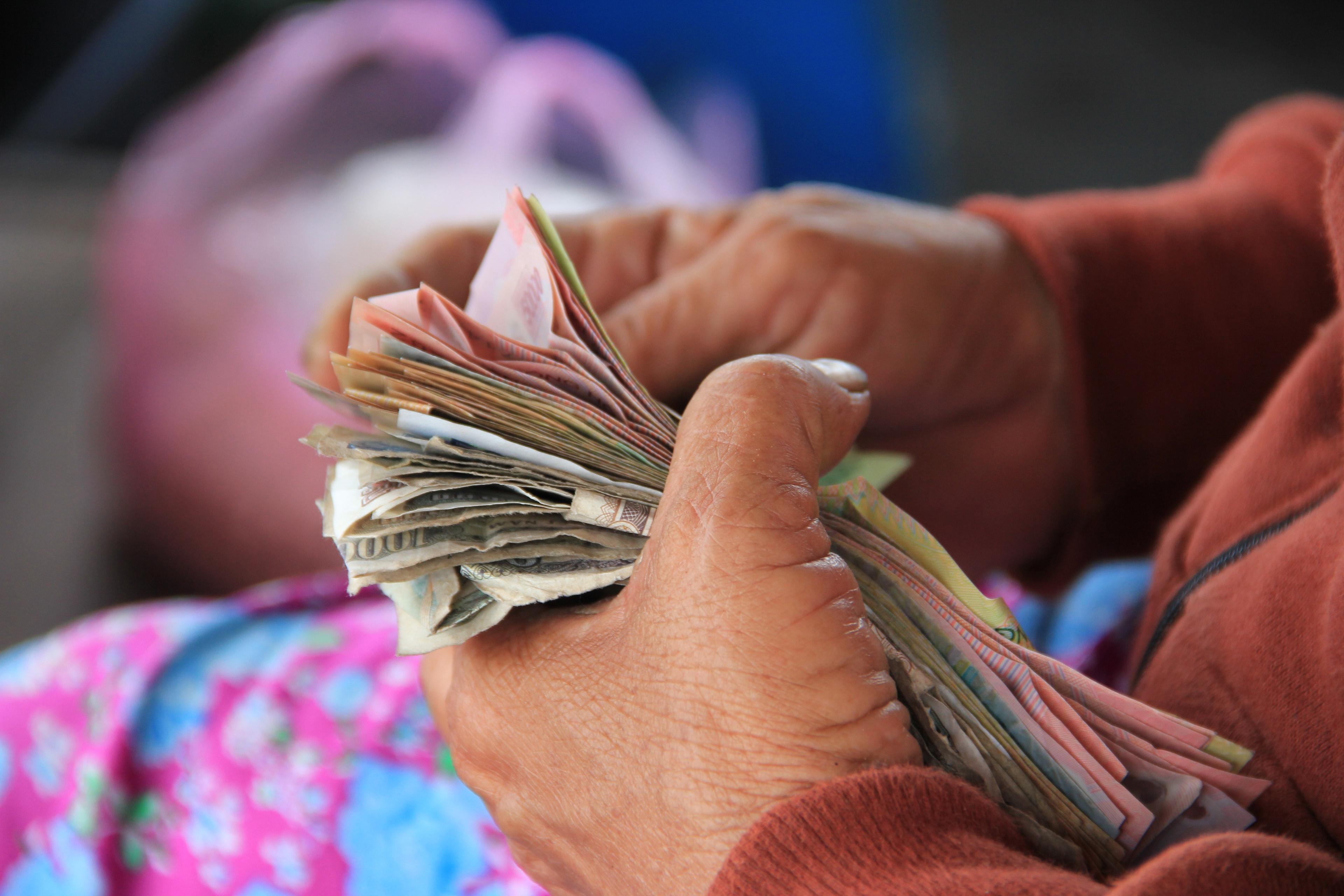Main points
- Assets acquired through corruption and transferred abroad are part of the phenomenon of illicit financial flows (IFFs), which deprive developing countries of huge domestic resources.
- Policymakers and practitioners can build on a range of initiatives to ensure asset recovery efforts serve development goals.
- Key jurisdictions, including the US, UK and Switzerland, increasingly take a progressive stance on asset recovery and work with developing countries to overcome obstacles.
- Despite the high issue salience since the early 2000s, it is not clear whether enforcement action has increased significantly.
- Foreign assets under dispute are massive in scale: the mean value is US$450 million, with the median case still valued at US$22 million.
- Although there are a moderate number of proceedings ongoing, asset recovery has the potential to make significant economic impacts for developing countries.
- Researchers and practitioners interested in IFFs from an anti-corruption angle must pay attention to nuances in method and terminology.
- The politics of international asset recovery unfold not just during summits or in the boardrooms of intergovernmental organisations. Equal attention must be paid to what happens in financial centres around the world.



